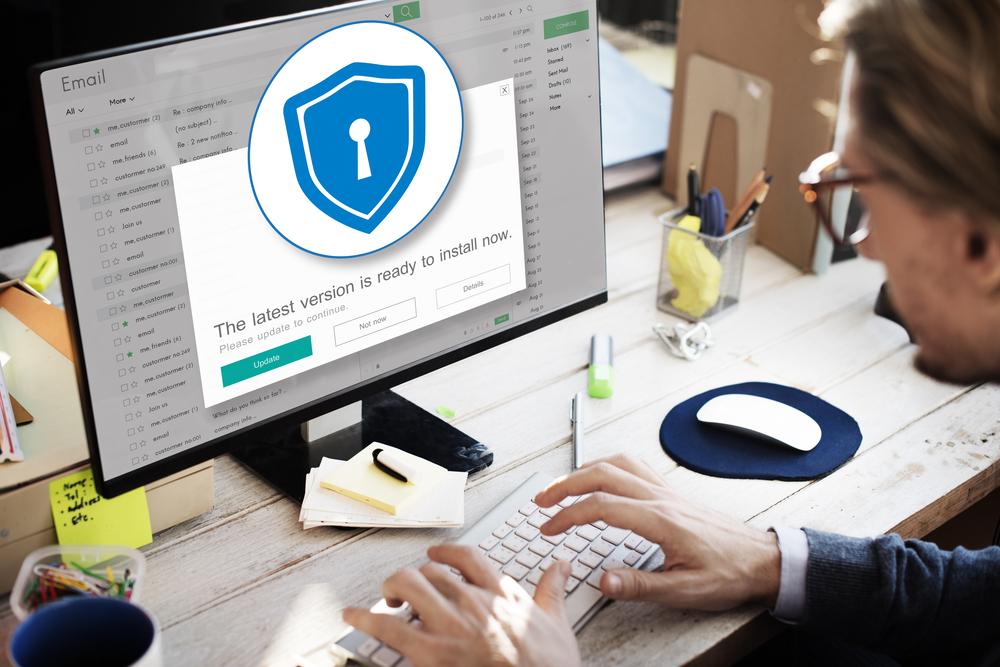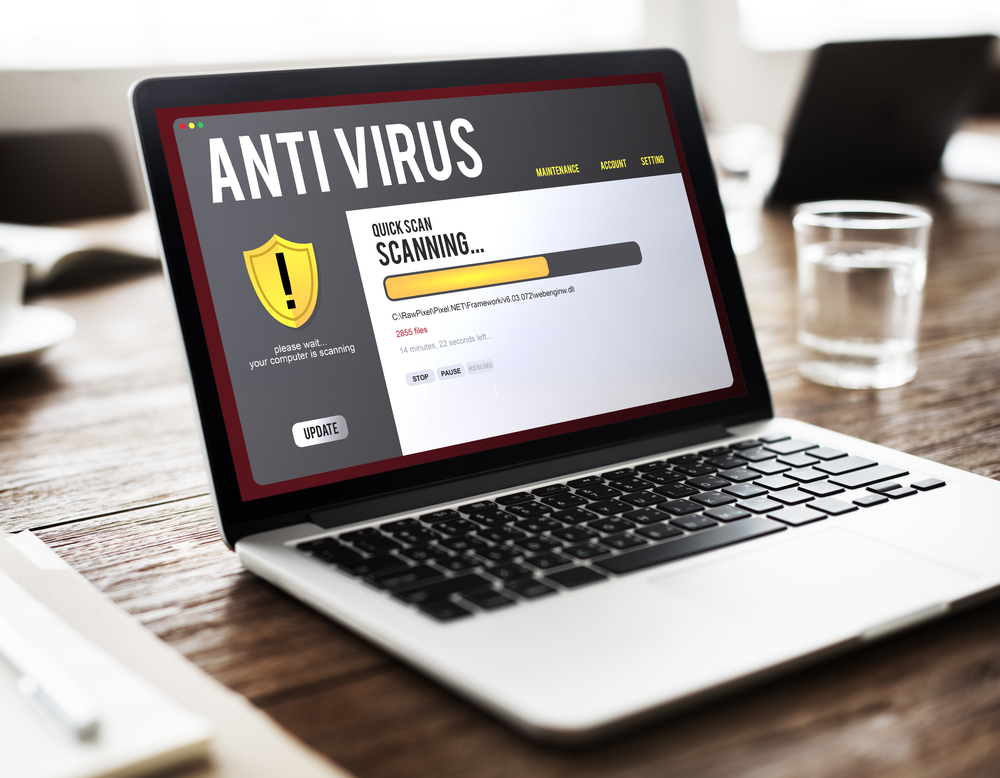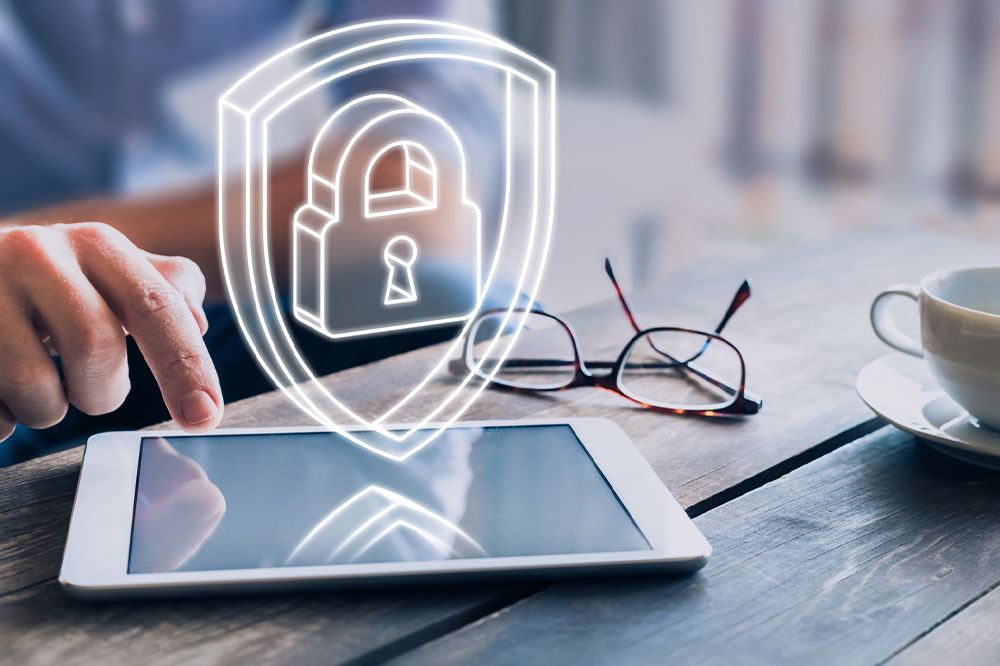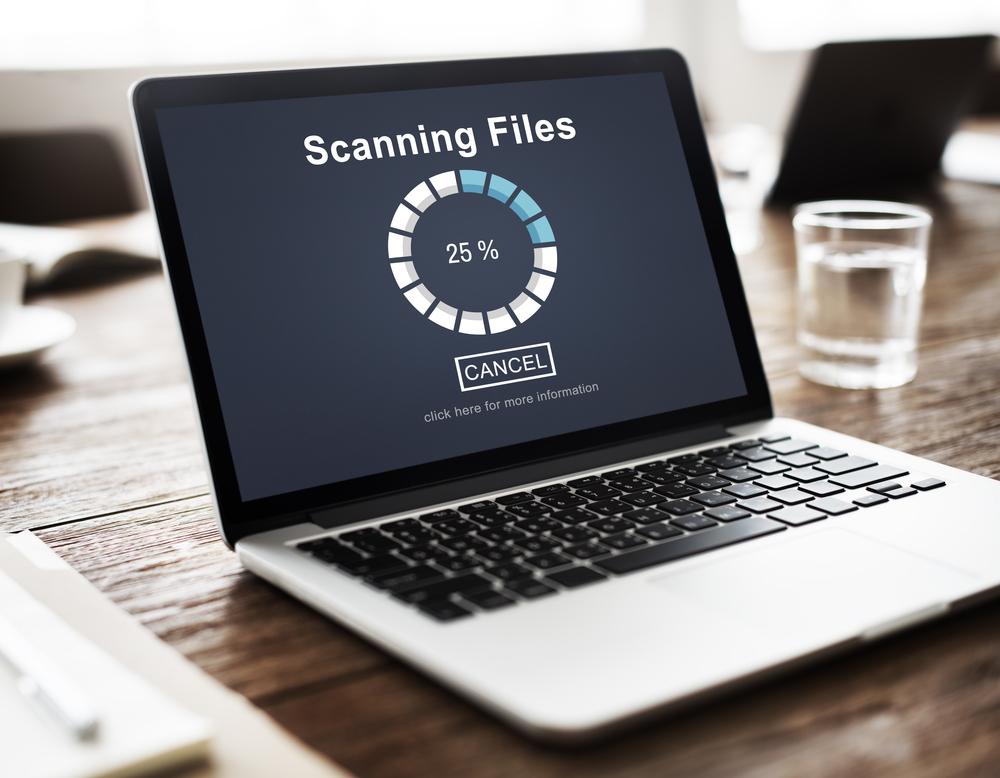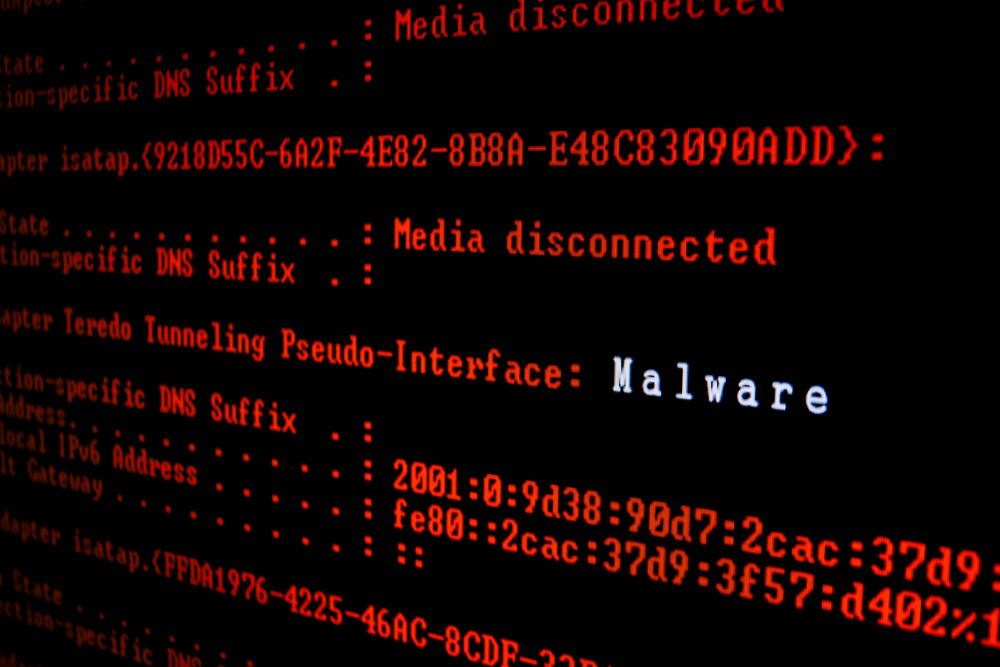Essential Steps to Recover from a Virus Infection on Your Computer
Learn effective methods to recover from a virus infection on your PC, including identifying signs, entering Safe Mode, updating security software, clearing temporary files, and changing passwords. Protect your data and restore system integrity with these expert tips to minimize damage and prevent future threats.

Critical Actions to Take When Your PC Is Infected with Malware
Malicious software infections can jeopardize the safety of your private data, leading to significant consequences. With cyber threats increasing daily, it's vital to recognize the signs of an infection and act swiftly. Hackers advancements have led to sophisticated security tools aiming to protect users from cyberattacks. Being proactive helps minimize damage and restore your system's security.
Detecting a Security Breach
Usually, malware infection occurs silently, but warning signs include:
Altered system settings
Sluggish computer performance
Unfamiliar browser extensions
If these symptoms resonate, immediate action is necessary.
Boot into Safe Mode
Once infection is suspected, disconnect your device from the internet to prevent malware spread and data leakage. Entering Safe Mode restricts startup programs, including malicious ones, making removal easier. On Windows 10, restart your PC and press F8 repeatedly before the system loads to access advanced boot options. Safe Mode allows you to delete infected files without interference from malware.
Strengthen Your Defense
Keep your security software up-to-date to combat evolving threats. Regularly update your antivirus tools like AVG for effective protection. Additionally, backing up important files to the cloud safeguards your data against future attacks.
Deleting Temporary Files
Clearing temporary files enhances scan efficiency, freeing up disk space and potentially removing hidden threats. Use your security software to perform thorough scans after cleanup. Files flagged as suspicious can be excluded if false alarms occur, but always verify their safety before taking action.
Update Your Web Browsers
Outdated browsers are frequent targets for hackers exploiting known vulnerabilities. Regularly updating your browser minimizes the risk of cyberattacks through security loopholes.
Regular Password Changes
Malware might have stolen your passwords, so change all login credentials immediately. Use complex combinations, including special characters, to strengthen your passwords. Avoid common passwords like "123456" or personal info to reduce risk. Ensure that your chosen security tools are reputable to prevent further vulnerabilities.


